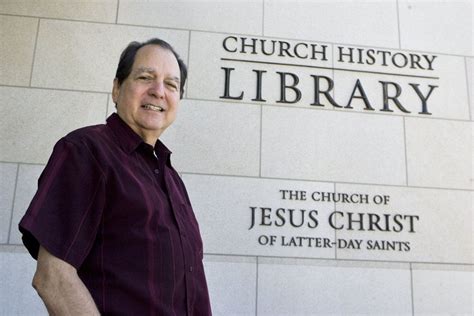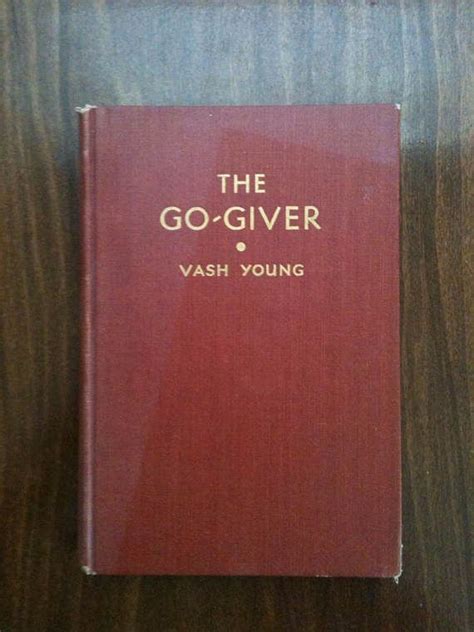A Quote by Otto Weininger
There is, moreover, very little sense in preventing young people from giving expression to their ideas on the pretext that they have less experience than have older persons. There are many who may live a thousand years without encountering experience of any value. It could only be in a society of persons equally gifted that such an idea could have any meaning.
Related Quotes
What libraries give you is all three tenses - the past tense - the present tense in which we live and the future that we can only imagine. These places have teachers who are living and dead and we are lucky to have them. If I sit here and read Aristotle, he is speaking to me across a thousand years - more than a thousand years. That sense that I am in the company of the great greatest people who ever lived is a humbling experience but a liberating experience.
Many persons think that by hoarding money they are gaining safety for themselves. If money is your only hope for independence, you will never have it. The only real security that a man can have in this world is a reserve of knowledge, experience, and ability. Without these qualities, money is practically useless. The security even of money depends on knowledge, experience, and ability. If productive ideas are displaced by destructive ideas, economic life suffers.
Any person of any philosophic persuasion who sits on a hot stove will verify without any intellectual argument whatsoever that he is in an undeniably low-quality situation: that the value of his predicament is negative. This low quality is not just a vague, woolly-headed, crypto-religious, metaphysical abstraction. It is an experience. It is not a judgment about an experience. It is not a description of experience. The value itself is an experience. As such it is completely predictable. It is verifiable by anyone who cares to do so.
Young persons, because of their immaturity, may not fully comprehend the consequences of their actions and should therefore benefit from less severe sanctions than adults. More importantly, it reflects the firm belief that young persons are more susceptible to change, and thus have a greater potential for rehabilitation than adults.
The ordinary method of education is to imprint ideas and opinions, in the strict sense of the word, prejudices, on the mind of the child, before it has had any but a very few particular observations. It is thus that he afterwards comes to view the world and gather experience through the medium of those ready-made ideas, rather than to let his ideas be formed for him out of his own experience of life, as they ought to be.
A wound in the friendship of young persons, as in the bark of young trees, may be so grown over as to leave no scar. The case is very different in regard to old persons and old timber. The reason of this may be accountable from the decline of the social passions, and the prevalence of spleen, suspicion, and rancor towards the latter part of life.
Certainly Christianity is an experience, but equally clearly the validity of ane experience has to be tested. There are people in lunatic asylums who have the experience of being the Emperor Napoleon or a poached egg. It is unquestionably an experience, and to them a real experience, but for all that it has no kind of universal validity. It is necessary to go far beyond simply saying that something comes from experience. Before any such thing can be evaluated at all, the source and character of the experience must clearly be investigated.








































